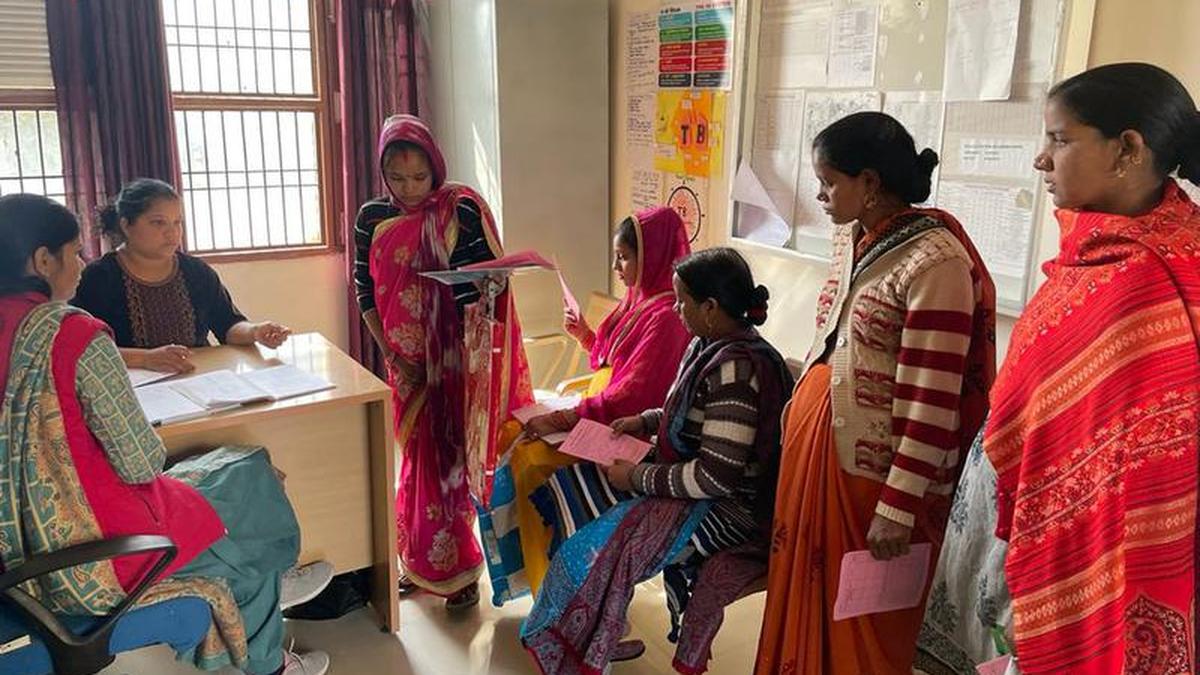This subtle pregnancy sign could predict your future heart health

Pregnancy changes everything—not just for nine months, but in ways that can shape your health for years to come. More and more, researchers are finding that what happens during pregnancy can offer important clues about your long-term well-being—especially your heart health.
One new study suggests that a subtle pattern during pregnancy—one that isn’t typically flagged during routine care—could be linked to a higher chance of developing high blood pressure years after giving birth. Understanding this connection may empower more moms to stay on top of their heart health, both now and in the future.
The study: How pregnancy clues into future heart health
A recent study from the Keck School of Medicine at the University of Southern California found that small changes in blood pressure during pregnancy may predict long-term heart health risks. Researchers tracked 854 women from pregnancy through five years postpartum, identifying three distinct blood pressure patterns.
While most women maintained stable readings, about 12% had slightly elevated—but still normal—blood pressure that didn’t drop in the second trimester. Though they showed no traditional risk factors, they were nearly five times more likely to develop hypertension within five years of giving birth. These findings suggest that even subtle blood pressure shifts during pregnancy could serve as an early warning sign for future cardiovascular issues.
Why this matters for moms
Blood pressure changes during pregnancy aren’t just about short-term health—they can offer critical clues about future risks. What makes this study especially important is that the women at higher risk didn’t have obvious warning signs like preeclampsia. Without traditional red flags, they might not receive extra monitoring, yet their chances of developing hypertension later were significantly higher.
This research reinforces the growing understanding that pregnancy is a window into long-term heart health. Both the American Heart Association and the American College of Obstetricians and Gynecologists emphasize the importance of monitoring cardiovascular health beyond pregnancy, as issues like postpartum hypertension can increase the risk of heart disease later in life.
Related: High blood pressure in pregnancy has doubled—but only 60% of women are treated
What pregnant women can do
If you’re pregnant, keeping track of your blood pressure is crucial—not just for the health of your baby but for your own long-term well-being. Slight changes in blood pressure may seem small, but they can offer valuable insight—so it’s worth paying attention, even if everything seems “normal.” Here’s how you can take charge of your health:
- Monitor your blood pressure: Regular checkups are essential to detect any changes. Ask your provider to track your blood pressure throughout pregnancy to see if there are any concerning trends. This can help identify potential risks early.
- Discuss your results: If your blood pressure is higher than usual, even if it falls within the “normal” range, talk to your healthcare provider. Ask how your readings are trending and whether any additional monitoring is needed after birth.
- Stay active: Regular physical activity, as recommended by your doctor, can help keep your blood pressure in check. Gentle exercises like walking, swimming, or prenatal yoga can support both your heart health and overall well-being during pregnancy.
- Eat a balanced diet: A heart-healthy diet rich in fruits, vegetables, lean proteins, and whole grains can make a big difference in managing blood pressure. Limiting salt intake, especially if you have elevated blood pressure, is crucial for supporting heart health.
- Manage stress: Pregnancy can be stressful, but finding ways to relax and unwind—whether through deep breathing, meditation, or even light exercise—can help keep your blood pressure levels steady.
- Postpartum care: After giving birth, continue to monitor your blood pressure. Many women focus on postpartum recovery, but regular checkups can help catch any hypertension issues early, allowing for timely intervention and better long-term heart health.
Taking these steps during and after pregnancy cannot only support a healthier pregnancy but also reduce the risk of hypertension and heart disease in the future.
Related: 7 ways to lower blood pressure during pregnancy
The bottom line
Even small shifts in blood pressure during pregnancy could offer important insight into your future health. By staying curious about your health and working closely with your provider, you’re already taking powerful steps—for both your baby and your future self.
Related: High blood pressure in pregnancy may be rising—especially among Millennial and Gen Z moms
link





